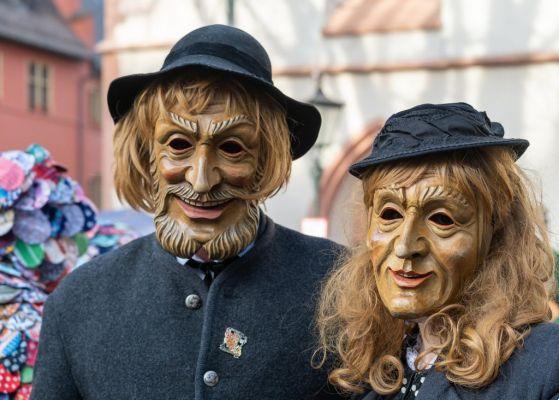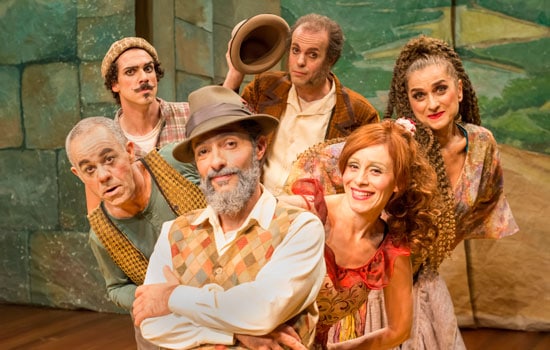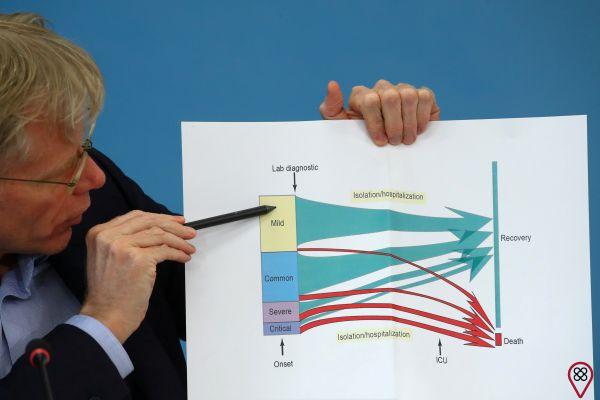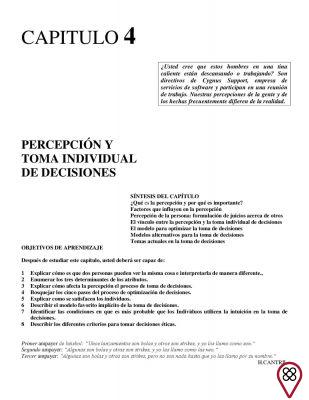Every four years, the attention of all countries turns to the biggest sporting event in the world: the Olympics. To meet the specificities of the most different sports, the Olympic Games are divided between summer games and winter games, and take place with a difference of two years.
Although the Olympics are currently an event of international visibility, it was not always so. Learn more about the history of this competition and check out the main advances it has made over time!
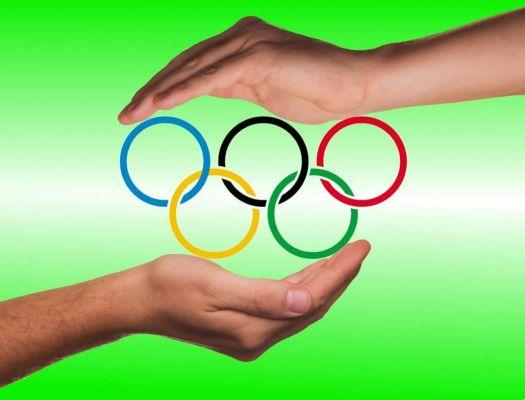
History of the Olympics
The first place to organize a series of sports competitions was Ancient Greece. In Olympia, a city-state of the period, different Greek representatives were supposed to participate in races, pentathlon, jumping, discus and javelin throwing, wrestling and activities involving horses. The real mystery, however, is how this event came to be.
According to Greek mythology, Hercules, after having completed the twelve labors attributed to him, built an Olympic stadium to honor his father Zeus. And so, Hercules would have defined that every four years the citizens of Greece (men only) should participate in a sporting event that celebrates the capabilities of the human body.
Although the competition functioned as a celebration and as a way of measuring time, with the Roman occupation of Greece, the Olympic games were suspended. From the XNUMXth century BC to the XNUMXth century AD, no country in the world held such an event.
The rescue of the Olympics took place in France, for two years, from 1796 to 1798. The name of the event became the Olympics of the Republic, and the sports practiced were similar to those of Ancient Greece, which inspired the competition. The novelty of the event was the inclusion of the metric system (meters, kilos, kilometers) in sports activities.
In England, in 1850, physician William Penny Brookes instituted the practice of Olympic games to improve the physical conditioning of Shropshire residents. The name given to the event was Olympic Classes. In 1859, the same English renamed the competition the Wenlock Olympic Society Annual Games.
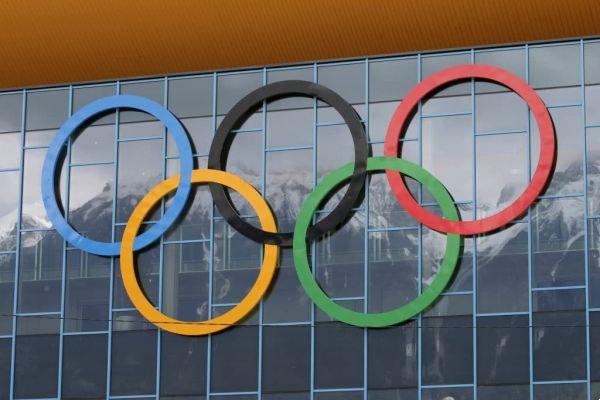
The first Olympics with international visibility was the Festival of the Great Olympics, celebrated from 1862 to 1867. This was the first sign that the Olympics could be a great sporting event, broadcast to the whole world. However, there was still no idea of including athletes from other countries in the celebration.
In the 1870s and 1875, the Olympic games were held in Athens, Greece, at the Panathenaic Stadium. The event had thirty thousand spectators, an audience that surpassed that of all the Olympic games that took place between 1900 and 1920.
The first modern Olympics took place in 1896, also in Athens. It was organized by the International Olympic Committee, founded in 1890 by Baron Pierre de Coubertin. In addition, the event was the first to have the participation of countries other than the one that was hosting the event. The Committee defined that every four years they should choose new countries to host the Olympics.
But when the Olympics came to France in 1900 and 1904, the country didn't even have a stadium. Because of this, excitement about the Olympics has cooled. Few countries sent athletes to the event and the audience for the games was not encouraging.
The setting for the Olympics changed in 1936 when the event, which took place in Berlin, was televised for Germans. In 1956, the Winter Olympics were broadcast around the world, rescuing the event's audience and increasing it every year.
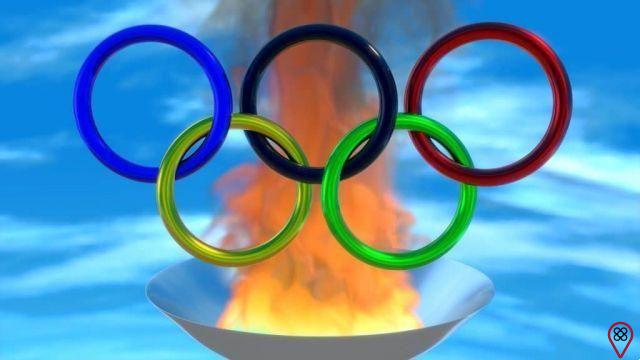
Advances in the Olympics
Each year, new sports are included in the Olympics. In winter games, sports involving ice delight the public eye. If in the past sports were based on running, fighting and throwing discs, nowadays the variety is much greater.
Some of the summer Olympic sports are cycling, basketball, football, swimming, equestrianism, table tennis, rugby, diving, golf, karate, rowing, volleyball and triathlon. The Winter Olympics, on the other hand, focus on activities such as: skiing, ice skating, snowboarding and ice hockey.
The variety of sports is not the only visible advancement in the Olympics. Athletes from over two hundred countries participate in the event, including women. With the Paralympic Games, people with disabilities have the right to show the world the results of a lot of training.
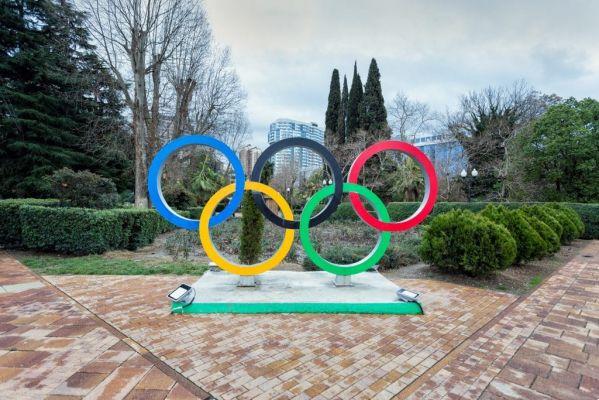
The international recognition of the sports played during the Olympics is essential for the professionalization and funding of athletes to be understood as a necessity. The visibility of women's football, which is ignored in España, was a feat that the Olympics brought to the sportswomen.
Much more than celebrating sport, the Olympics favor integration between different nations, knowledge about each country that hosts the event, respect for the multiple ways of existing and the credibility of athletes around the world.
You may also like
- Delight in the noble purpose of Special Olympics
- Support your favorite teams and improve your mental health
- Dive into the challenges athletes must overcome
The trend is that more and more people are inspired by athletes from all over the world and have reason to believe that they can make a living from a sport. People who prefer to just watch the games should use all their voice and all their strength to cheer for their favorite sportsmen!








